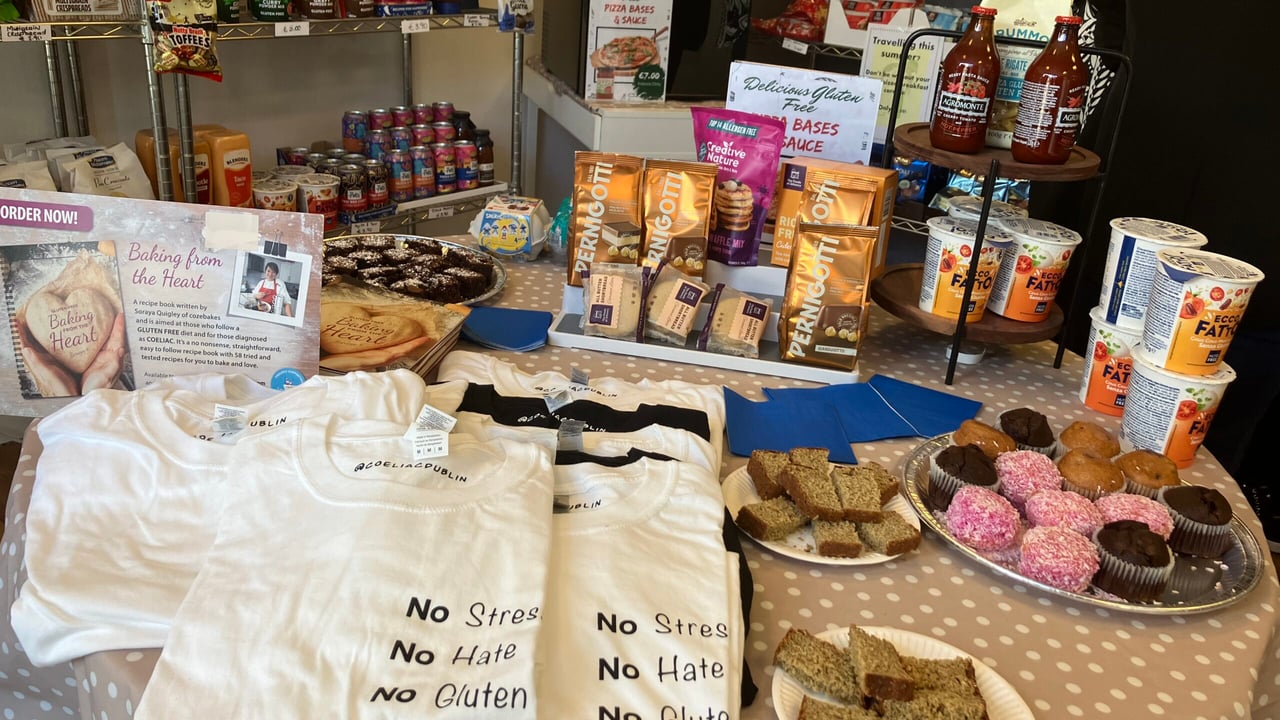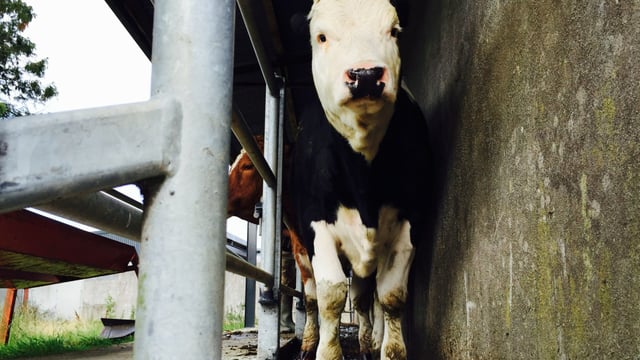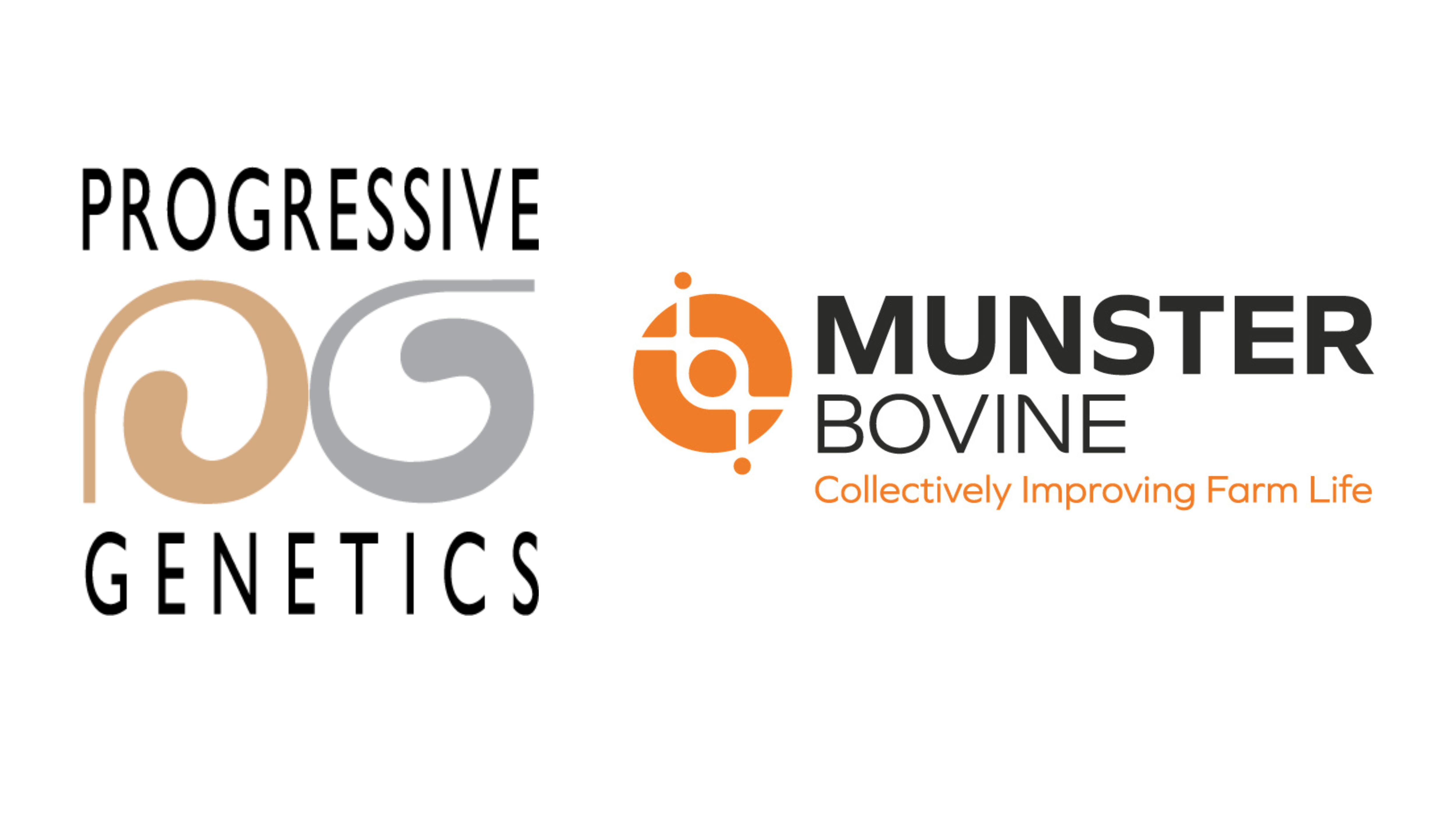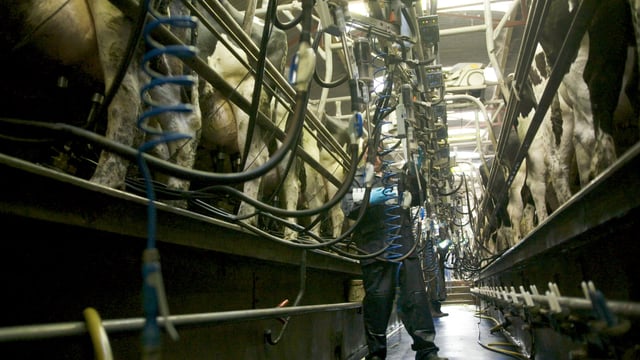Watch: Diversifying a tillage farm to create gluten-free produce
Farmers and suppliers attended the Coeliac Society of Ireland event today (Wednesday, May 1) to kick off the awareness month for the disease.
The month aims to shed light on the often misunderstood autoimmune disease.
Farmer and co-owner of Cotter Farm, Billy Cotter said that gluten-free products are part of a "growing market", with people becoming "more conscious" about what they are eating.
Seeing the "health benefits of oats and its versatility as a grain", Cotter and his brother, Bernard Cotter decided to "diversify" their tillage farm by growing oats in a gluten free certified environment about two years ago.
They now process oats into gluten-free porridge in a farm building, which they have converted into a mill on their farm at Castletownroche, Co. Cork.
Cotter told Agriland that the crops are grown no differently than they would be in a non-certified environment, but that the processing can be "strict".
He said that a specific harvester and drier must be used, so that products are not contaminated by any other grains.
Promise Gluten Free is sponsoring the Coeliac Society of Ireland for the month of May.
The company has been running since 2019, and is always expanding its products, which now include: Loaves; sourdoughs; brioche; bagels; flatbreads; and confectionery.
Marketing lead at Promise Gluten Free, Theo Gibbons, said that the gluten-free community is "always growing", as more people become diagnosed.
"With the innovation that we're bringing out ourselves and that other companies are bringing out, it's really important that people are able to live their lifestyle as best as possible, and be able to eat the best products they can," he added.
Dietitian and nutritionist at the Coeliac Society of Ireland, Sarah Keogh, said that if the disease is left untreated, it can lead to "serious complications".
Complications include malnutrition, osteoporosis, infertility, and an increased risk of certain types of cancer, according to Keogh.
The awareness month will focus on a different theme each week. This includes:
- Week 1: GP awareness and getting children diagnosed with coeliac disease;
- Week 2: Fertility;
- Week 3: Distinguishing against irritable bowel syndrome (IBS) and coeliac disease;
- Week 4: Bone health.
Keogh said that around 60% of coeliacs have gut symptoms, while 40% may experience low iron, headaches, ongoing tiredness, an itchy skin rash or a lack of balance.
She said that the first step to receiving a diagnosis is to visit a GP for a simple blood test.





